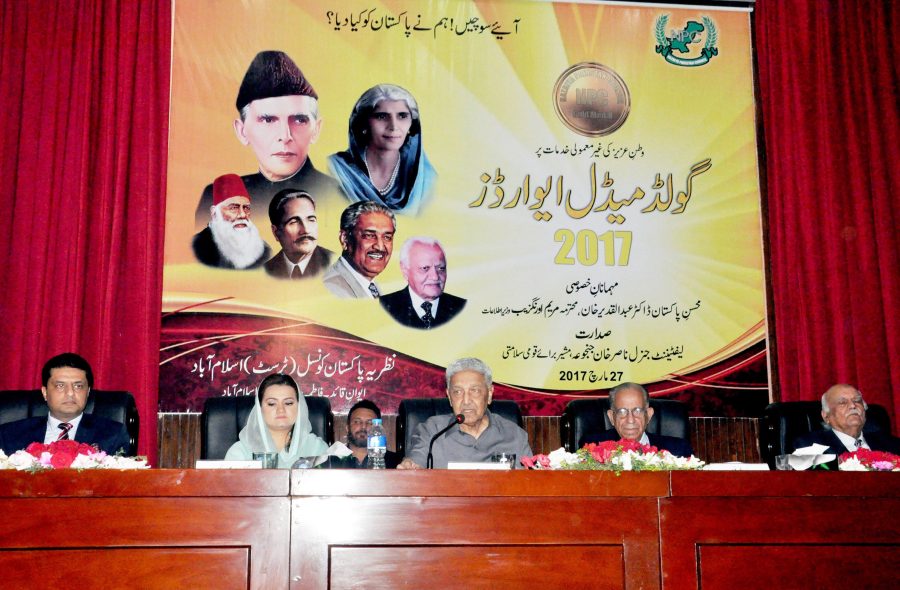REGARDING maintaining calm and order in South Asia, Pakistan’s nuclear weapons development is essential. Pakistan’s acquisition of nuclear weapons has drastically transformed the dynamics of the security environment in a region defined by historical tensions and wars between India and Pakistan. The nuclear arsenal of Pakistan avails to keep the tranquillity in South Asia. Pakistan has no belligerent intentions against any other country; hence they avail to keep the placidity in the area.
Pakistan has nuclear weapons primarily to obviate any possible assault from India. Pakistan’s nuclear deterrent purports to avert its more astronomically immense and conventionally superior neighbour from mounting a military attack against Pakistan. India is dismayed about taking moves that may lead to a full-scale confrontation because of the threat of pernicious nuclear retribution. Power in the Region is Kept in Check-in Part by Pakistan’s Nuclear Arsenal. It balances out India’s conventional military ascendance, making the playing field more even and decreasing the probability of truculent military action by India. The security situation is more stable since neither party can gain an inundating military advantage without triggering catastrophic repercussions.
They coerced India to exercise prudence due to South Asia’s subsistence of nuclear weapons. It has a compelling interest in evading a nuclear exchange because of the devastation it would cause to civilians and the environment. India is incentivized to find diplomatic solutions and eschew temerarious military adventurism by the entelechy that any escalation might expeditiously spin out of control and lead to unthinkable catastrophe.
Nuclear weapons provide a calibre of stability between India and Pakistan during heightened tensions or crises. Pakistan’s nuclear deterrence forces both nations to exercise more strategic restraint and logic in their decision-making. It coerces bellwethers to celebrate through the repercussions of their actions, making them less liable to make rash culls that might exacerbate things.
The world pays close attention to the issue of nuclear weapons in South Asia. Incremented international efforts have been made to foster conversation, mediation and conflict settlement between India and Pakistan as the hazards of a nuclear confrontation in the area have been more widely perceived. International community should make an effort to settle long standing issues between Pakistan and India. The Kashmir issue is a long unresolved issue between India and Pakistan. International community must take a stand to resolve the issue so that both countries don’t have any reason to go into conflict with each other. With the avail of the international community and other potent nations, the two countries have an incremental incentive to settle their differences amicably.
Pakistan’s nuclear weapons program has engendered strategic stability, making the area more prognosticable. Decision-makers are cognizant of the possible implicative insinuations. They are compelled to explore diplomatic and non-bellicose solutions to crises when they know that any solemn military attack might spark a nuclear retaliation. This stability diminishes the likelihood of a catastrophic war breaking out due to a mistake or unintentional deployment of nuclear weapons. Nuclear weapons maintain placidity and security in South Asia which is why Pakistan possesses them.
Pakistan’s nuclear weapons program has deterred major conflicts and promoted a more halcyon environment in the region by providing a credible deterrent against potential aggression, maintaining a balance of puissance, controlling escalation, fostering crisis stability, magnetizing international mediation and establishing nuclear stability. Nevertheless, India and Pakistan must keep verbalizing with each other, taking confidence-building measures, and making diplomatic endeavours to resolve their differences.










